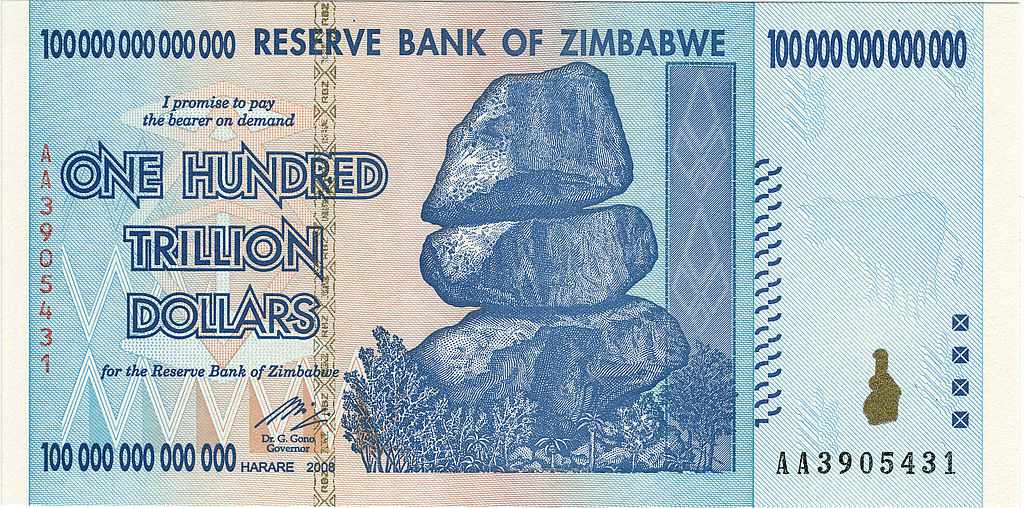Iran has attacked Israel with over 300 missiles. The reaction from the United Nations is one of unequivocal condemnation, denouncing such brazen aggression as a flagrant violation of international law and a grave threat to regional stability.
In a dramatic escalation of tensions in the Middle East, Israel found itself under attack from a barrage of drones and missiles launched by Iran overnight. This onslaught heralded a new phase of uncertainty and confrontation in the region, adding fuel to the longstanding discord between the two nations.
The roots of this latest conflict can be traced back to a suspected Israeli strike on the Iranian consulate in Damascus, Syria, earlier in the month. This strike, seen as a provocation by Iran, prompted the unprecedented aerial assault aimed at Israeli territory.
The attack, comprising over 300 projectiles including drones and ballistic missiles, was a bold display of Iran’s military capabilities and its willingness to retaliate against perceived aggression. However, Israel’s formidable aerial defense systems, supported by its allies, managed to intercept the vast majority of the incoming threats, minimizing damage to Israeli territory.
The primary target of Iran’s attack was identified as the Nevatim airbase, which Iran alleges was the launch site of the earlier strike on its consulate. Despite some Iranian ballistic missiles reaching Israeli soil, the damage inflicted was limited, with the airbase sustaining only minor structural damage and continuing its operations uninterrupted.
This latest escalation comes amidst simmering tensions between Israel and Iran, which have been exacerbated by Israel’s ongoing conflict with Hamas since October of the previous year. Iranian-backed forces in Iraq and Syria have also targeted US military positions, further contributing to the volatility in the region.
The airstrike on the Iranian consulate in Damascus, which resulted in casualties including high-ranking Iranian officials, catalyzed the recent hostilities. Iran’s leadership, including Supreme Leader Ayatollah Ali Khamenei and President Ebrahim Raisi, vowed retaliation, setting the stage for the subsequent attack on Israel.
Reactions from the UN and World Leaders
In response to the Iranian assault, Israel condemned the strikes while praising its military’s ability to defend against them. However, there are growing calls from Israel’s Western allies for restraint and de-escalation, fearing that further military engagement could spiral into full-scale warfare with devastating consequences for the region.
Israeli Prime Minister Benjamin Netanyahu conveyed Israel’s readiness for potential direct attacks from Iran, highlighting extensive defensive preparations. He expressed appreciation for the support from the U.S. and allies, affirming Israel’s determination to defend itself against any threats.
United Nations Secretary-General Antonio Guterres cautioned against exacerbating tensions with Iran, while the U.S. issued a stern warning at the Security Council regarding Tehran’s accountability in a session with the U.N. Security Council.
Guterres reminded member states of the charter’s prohibition on the use of force against any state’s territorial integrity or political independence, simultaneously condemning Iran’s assault on Israel.
Iran’s Mission to the United Nations attributed its military action to what it perceived as aggression by the Zionist regime against its diplomatic premises in Damascus. While suggesting the matter’s resolution, Iran cautioned of a stronger response if Israel provokes further.
U.S. President Joe Biden reiterated his administration’s unwavering commitment to Israel’s security in the face of threats from Iran and its proxies.
The United Kingdom strongly denounces Iran’s reckless assault on Israel, which endangered the lives of countless civilians. The UK has consistently condemned Iran’s destabilizing activities in the region and its support for various militant groups. The nation remains unwavering in its support for Israel’s security and that of its regional allies, such as Jordan and Iraq, and welcomes collaborative efforts with partners to counter the Iranian threat.
British Prime Minister Rishi Sunak condemned Iran’s reckless attack against Israel, stressing the risk of inflaming tensions and destabilizing the region. He reaffirmed the UK’s support for Israel’s security and efforts to stabilize the situation.
China’s foreign ministry expressed “deep concern” over escalating Middle East tensions, urging the immediate implementation of a U.N. ceasefire resolution. Citing the need for calm and restraint to prevent further escalation, attributing the situation to the spillover of the Gaza conflict. China, acting as a mediator, facilitated the restoration of diplomatic ties between Iran and Saudi Arabia. However, Chinese companies’ involvement in Iran’s military drone program has drawn scrutiny, despite online criticism of Israel garnering significant attention on Chinese social media platforms.
Russia voiced profound concern over the Iranian strikes on Israel and urged all parties to show restraint. While Russia condemned Israel’s strike on the embassy compound, it refrained from denouncing the Iranian strikes on Israel, citing the right to self-defense. Despite close ties with Iran, Russia emphasized the need to address unresolved crises in the Middle East, cautioning against provocative actions that escalate tensions.
READ ALSO: Powering Africa: Bold Moves to Eradicate Energy Poverty
President Putin’s foreign minister, Sergei Lavrov, discussed the situation with his Iranian counterpart, warning against further escalation. However, Israel expressed dissatisfaction with Russia’s response, expecting condemnation of the Iranian attacks.
The decisions made by Israel’s War Cabinet in the coming days will be crucial in determining the course of action moving forward. While some government officials advocate for a strong response to Iran’s aggression, others emphasize the need for careful consideration and strategic planning to avoid further escalation.
As tensions continue to simmer, the international community watches closely, hoping for a peaceful resolution to the conflict before it spirals out of control. The stakes are high, and the consequences of missteps could be catastrophic for all involved.


